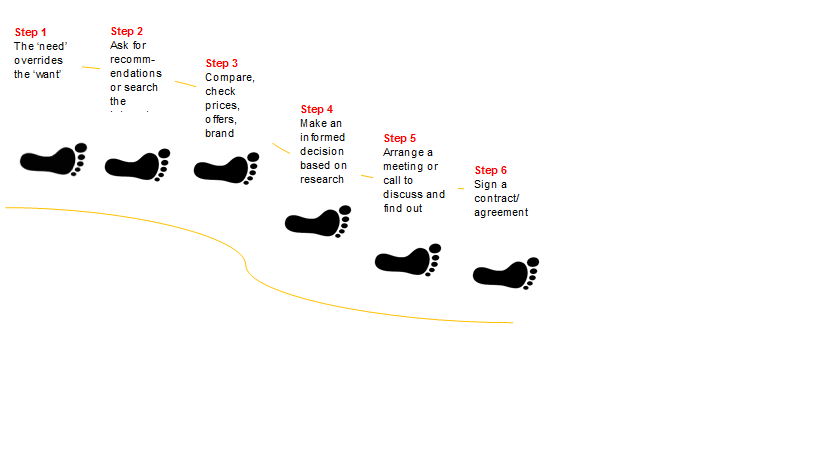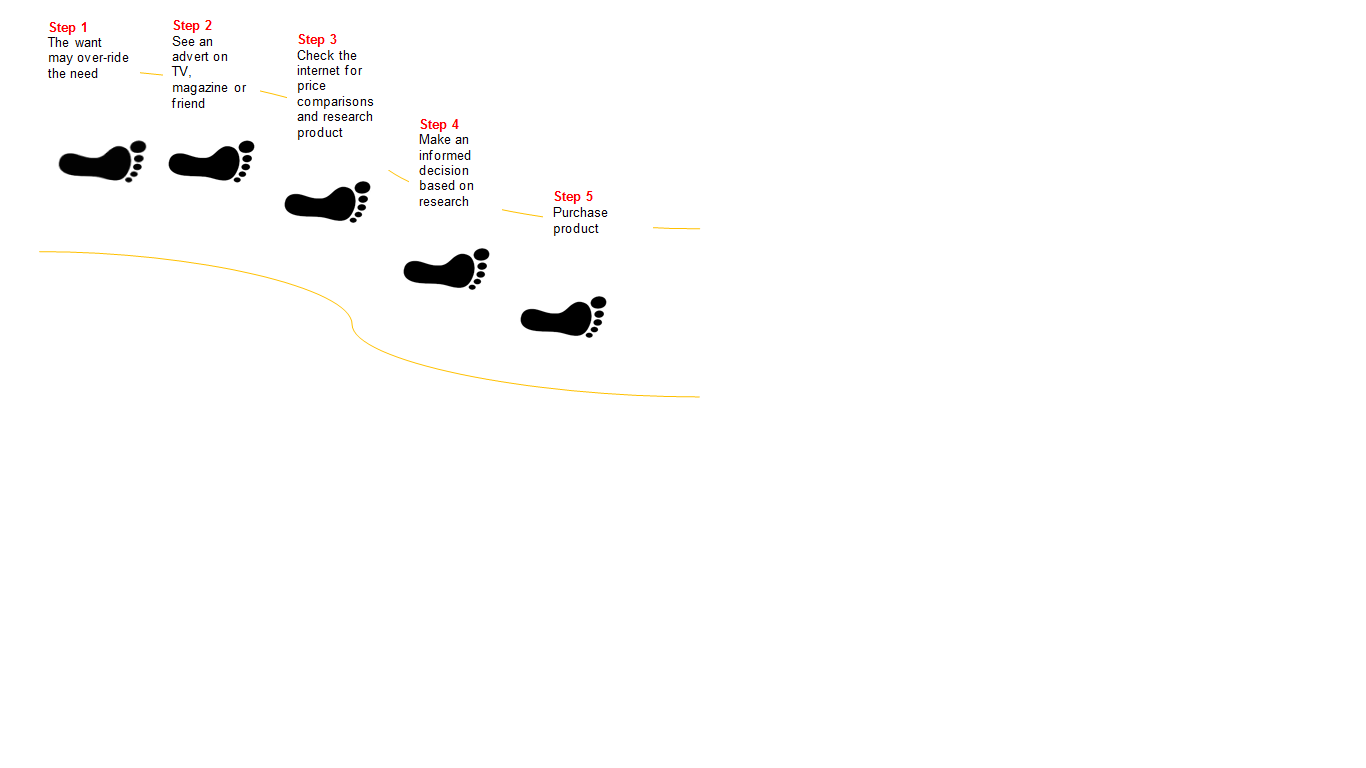[fusion_builder_container hundred_percent=”no” equal_height_columns=”no” menu_anchor=”” hide_on_mobile=”small-visibility,medium-visibility,large-visibility” class=”” id=”” background_color=”” background_image=”” background_position=”center center” background_repeat=”no-repeat” fade=”no” background_parallax=”none” enable_mobile=”no” parallax_speed=”0.3″ video_mp4=”” video_webm=”” video_ogv=”” video_url=”” video_aspect_ratio=”16:9″ video_loop=”yes” video_mute=”yes” video_preview_image=”” border_size=”” border_color=”” border_style=”solid” margin_top=”” margin_bottom=”” padding_top=”” padding_right=”” padding_bottom=”” padding_left=””][fusion_builder_row][fusion_builder_column type=”1_1″ layout=”1_1″ spacing=”” center_content=”no” hover_type=”none” link=”” min_height=”” hide_on_mobile=”small-visibility,medium-visibility,large-visibility” class=”” id=”” background_color=”” background_image=”” background_position=”left top” background_repeat=”no-repeat” border_size=”0″ border_color=”” border_style=”solid” border_position=”all” padding_top=”” padding_right=”” padding_bottom=”” padding_left=”” dimension_margin=”” animation_type=”” animation_direction=”left” animation_speed=”0.3″ animation_offset=”” last=”no”][fusion_text columns=”” column_min_width=”” column_spacing=”” rule_style=”default” rule_size=”” rule_color=”” class=”” id=””]
Consumer pathway to buying
[/fusion_text][/fusion_builder_column][/fusion_builder_row][/fusion_builder_container][fusion_builder_container hundred_percent=”no” equal_height_columns=”no” menu_anchor=”” hide_on_mobile=”small-visibility,medium-visibility,large-visibility” class=”” id=”” background_color=”” background_image=”” background_position=”center center” background_repeat=”no-repeat” fade=”no” background_parallax=”none” enable_mobile=”no” parallax_speed=”0.3″ video_mp4=”” video_webm=”” video_ogv=”” video_url=”” video_aspect_ratio=”16:9″ video_loop=”yes” video_mute=”yes” video_preview_image=”” border_size=”” border_color=”” border_style=”solid” margin_top=”” margin_bottom=”” padding_top=”” padding_right=”” padding_bottom=”” padding_left=””][fusion_builder_row][fusion_builder_column type=”1_2″ layout=”1_2″ spacing=”” center_content=”no” hover_type=”none” link=”” min_height=”” hide_on_mobile=”small-visibility,medium-visibility,large-visibility” class=”” id=”” background_color=”” background_image=”” background_position=”left top” background_repeat=”no-repeat” border_size=”0″ border_color=”” border_style=”solid” border_position=”all” padding_top=”” padding_right=”” padding_bottom=”” padding_left=”” dimension_margin=”” animation_type=”” animation_direction=”left” animation_speed=”0.3″ animation_offset=”” last=”no”][fusion_text columns=”” column_min_width=”” column_spacing=”” rule_style=”default” rule_size=”” rule_color=”” class=”” id=””]
Changing times
The consumer pathway to buying and purchasing habits has dramatically changed and evolved since the 1980/90s. Business and sales professionals have had to keep up with changing trends and adapt their approach to selling.
Understanding the consumer pathway
The consumer pathway to making a purchase is now based on a far more informed, cautious and complex process. Access to a wealth of information via the internet, across a global market, means that prospects are able to do their research before they make a decision to buy.
The chances are that the prospect has researched your company or come across your website before you have had the chance to call them and may have already decided whether they want your product or not, this can make the sale challenging.
What the figures say
- Forrester research reports that some 65-90% of B2B decision-makers carry out research before they reach out.
- According to Google, 71% of those decision-makers begin their search, not on specific webpages of vendors, but with a general web search.
- Hubspot report that some 77% of B2B customers carry out extensive research before consenting to speak with a salesperson.
Research suggests that buyers will interact with your business, on average, ten times before they make a purchase. Investing in your website and the information it provides is key to attracting these prospects.
Purchasing pathways
B2B pathways

B2C Pathway

Want vs need
‘Needs’ are considered physical, such as food, drink, shelter, but ‘wants’ are an emotional response. Usually customers purchase goods because they ‘want’ it, they fall in love with the look or taste of something, so the purchase satisfies the ‘want’, however it can also satisfy the ‘need’.
Selling is made easier when both wants and needs coinside. In the unlikely event of a clash, the ‘want’ always wins over the ‘need’ as it plays on the emotional response. This can make sales more difficult as if the prospect ‘wants’ to avoid spending money, then that response will override the ‘need’.
If you are getting a sense that a prospect does not need your service, then attempt to uncover their ‘want’, what they want to achieve, where they want their business to go, the more of these you have the answer to, the higher your chances of a sale.
Advertising/marketing/referrals
Advertising and marketing is the window for consumers to look through and a way for the products to stand out. Marketeers will have a clear understating of their consumer pathway to buying and will have the knowledge and ability to tap into these.
A successful campaign will focus on the consumers ‘wants’, using repetitive slogans and captivating graphics, that will make you fall hook, line and sinker in love with the product.
Referrals are a great route to getting in sales leads. Business sectors usually work and socialise in similar circles and will often exchange contacts if they have had a good experience.
If a customer has a bad experience of your business or brand it is easy for them to comment online and consumers consider and rely on these recommendations as part of their research.
Price comparisons
A competitive market means competitive prices. Consumers will often shop around for the best price. For B2C there are many outlets that sell the same branded goods at much lower prices. For more expensive gadgets consumers can be wary of very low prices, so it is important to get a good balance of price and quality.
In B2B there is a weariness of low cost offers. When it comes to business there is a need to see a return on your investments, this means paying a little more for a service. Usually businesses will look for a contract that is easily cancelled, short-term or flexible if the service provided is not adequate or if the return on the initial investment is less.
Paying a little more can mean you will get a better result and an increase in pipeline. However, you will need to justify your reasons behind your pricing in order for the prospect to feel confident that they will get a return on their investment.
Make it clear to prospects as to why you stand out from the rest, give them some facts on how, with your help, their business can flourish.
The informed decision based on research
As consumers we like to self-educate. Never before have we had the ability to self-diagnose an illness, look for a cure or research every aspect of a product before we make a decision to buy.
The more we know about something, the more we are likely to interact with it, whether that’s people, places, products or businesses. We naturally gravitate away from the unknown and feel more confident by the things we understand and have knowledge of.
As mentioned in the figures previously stated, a large percentage of consumers will carry out research before they purchase a product or sign a contract.
Because research plays such an important role in the decision to buy, it means that businesses must provide easily accessible information regarding a product, brand or contract.
The more information made available to the consumer, the more likely you are to land a sale. There should be no hidden agendas or fees. A transparent relationship will ensure longevity with a client. This will ensure that customers come back time and time again, thus building confidence in your brand.
Research Runner are a global, new business lead generation company. If you or your sales team have any queries or would like some additional advice on how to increase your pipelines, please call us on +44(0)1279.260031 or visit us at www.research-runner.com
[/fusion_text][/fusion_builder_column][fusion_builder_column type=”1_2″ layout=”1_2″ spacing=”” center_content=”no” hover_type=”none” link=”” min_height=”” hide_on_mobile=”small-visibility,medium-visibility,large-visibility” class=”” id=”” background_color=”” background_image=”” background_position=”left top” background_repeat=”no-repeat” border_size=”0″ border_color=”” border_style=”solid” border_position=”all” padding_top=”” padding_right=”” padding_bottom=”” padding_left=”” dimension_margin=”” animation_type=”” animation_direction=”left” animation_speed=”0.3″ animation_offset=”” last=”no”][fusion_imageframe image_id=”1669″ max_width=”” style_type=”none” stylecolor=”” hover_type=”none” bordersize=”” bordercolor=”” borderradius=”” align=”none” lightbox=”no” gallery_id=”” lightbox_image=”” alt=”” link=”” linktarget=”_self” hide_on_mobile=”small-visibility,medium-visibility,large-visibility” class=”” id=”” animation_type=”” animation_direction=”left” animation_speed=”0.3″ animation_offset=””]https://research-runner.com/wp-content/uploads/2018/07/pATHWAYS.jpg[/fusion_imageframe][/fusion_builder_column][/fusion_builder_row][/fusion_builder_container]
